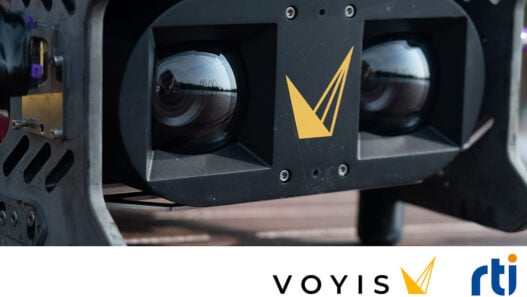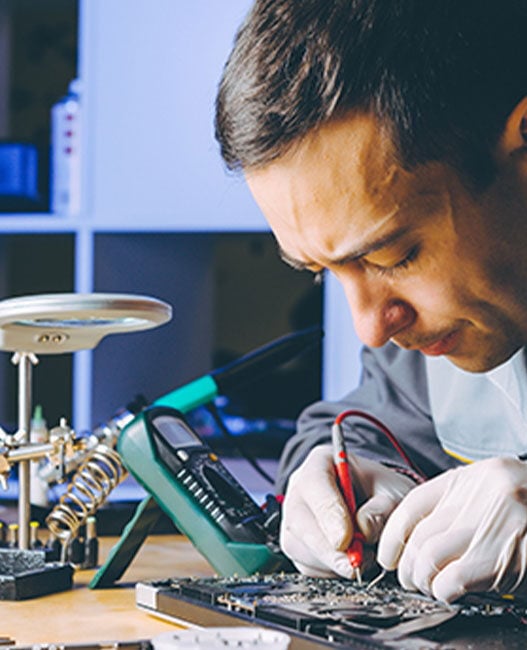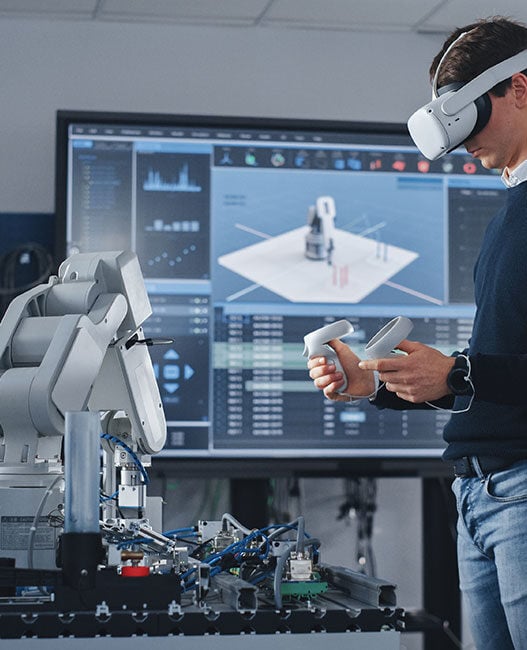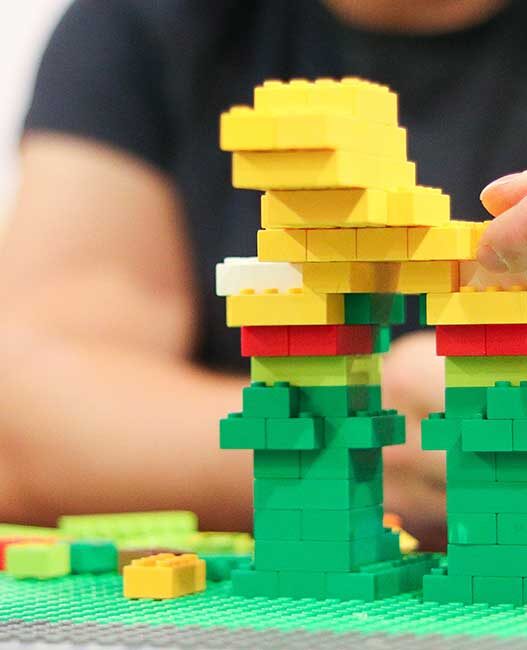The skills shortage isn’t necessarily breaking news for the engineering industry. But the lack of incoming talent is restricting how the sector develops, the services it can offer on a commercial level, and the potential success of the UK in leading developments on a wider, macroeconomic level.
The misconceptions about engineering
The skills shortage in the engineering sector has been a growing concern for years. With the talent pool shrinking due to retirements and engineering brain drain, it is vital that we address the misconceptions associated with the engineering industry – especially when it comes to attracting the younger generation.
We know that parents/carers and teachers have a huge influence on their children; we not only need to educate our younger generation, but also the generation that influence them. There have been many interventions that have attempted to encourage people to join the profession. One of the most impressive of these being Primary Engineer, which includes teachers, parents, pupils and professional engineers in a collaborative dialogue that aims to educate everyone involved about engineering careers and what it is about these that may appeal to young people. Despite this and many other campaigns, though, there are still parents and pupils to be reached who believe that a career in engineering is unpleasant, probably oily/dirty and limited in scope. If they don’t know what an engineering career can offer, then how can they support the next generation to be better informed?
To this day, many people assume that engineering consists of working on building sites, on railway tracks or in car workshops. Or that it involves fixing broken things, working in isolation for long, unsociable hours or carrying out potentially dangerous work. This is because many people associate engineering with industries such as construction or transport. While engineering can mean working in some of these locations or on practical projects (and some of us really do enjoy this type of work), the work of an engineer is often more creative and collaborative, working at the forefront of technology. The engineering industry offers an incredible variety of opportunities, and in the current employment market, you really can pick and choose what suits you.
There are a key set of reasons for this misconception about engineering careers, including:
- The word ‘engineer’ is often misunderstood to have something to do with engines. In fact, in most languages the word is derived from terms more closely akin to ‘ingenuity’ and ‘inventor’. In English, this term is used to describe a myriad of roles to suggest technical skill. This has somewhat diluted the original meaning over time.
- Mathematics and science subjects are often taught in isolation from their potential applications. Many students show far more enthusiasm for complex numbers once they know how this mathematical tool can be used to develop race car suspension systems or the circuitry in the latest smartphone. They rarely see creative skills as being associated science and mathematics.
- A lack of public understanding of the breadth of career possibilities that are offered by STEM subjects. Many see STEM careers for science graduates as restricted to research scientists, science teachers, doctors or pharmacists. What is really exciting is that many of our current engineering students will hold jobs that have not been invented yet, but this fact rarely gets any airtime.
How to rebrand the industry
Extensive work by the Royal Academy of Engineering suggests that a good way to engage students is by illustrating how engineering overlaps with their interests and sense of identity. For example, students respond very positively when shown how engineers:
- Design products they value – mobile phones, clothes, sports equipment, computer games.
- Work in a vast range of industries – aerospace, computer gaming, energy production, environmental protection, fashion, film and TV, healthcare, music, robotics, and sports technology (to name a few).
- Are often highly creative people, who use their imagination to solve problems with other people in a team.
There are also some gender differences in how students engage with the subject. For example, showing that engineers are shaping the future was found to resonate more strongly with boys, and showing how engineers have a positive impact on society and individuals resonated more strongly with girls. Students also became more engaged when shown how the industry demands diversity – people from different backgrounds, with different strengths and different personalities.
For students to know the full extent of opportunities offered by engineering, they mustn’t be afraid to experiment. As there is considerable pressure for today’s pupils to get high grades, it pushes a ‘right or wrong’ mentality – where, in fact, good engineering involves trial and error. In essence, engineering involves learning by doing; more schools should be giving students the opportunity to experiment and fail. We all know that the instances we remember are the ones where we did not do so well. Overcoming failure not only develops the engineering problem-solving skills but it also builds resilience and determination in the learner. With budget cuts making it harder for schools to offer students the ability to experiment, this can be difficult to build into an already crowded curriculum.
Another good way to get the next generation interested is by inviting those with industry experience to contribute their knowledge and expertise of science and maths in the classroom. They can also share their enthusiasm for the discipline and relate the subjects taught in schools to an exciting range of careers in engineering. Engineering professionals in industry may not necessarily want to switch to teaching as a permanent career change but many do enjoy the opportunity to encourage others into the profession that they love. Schools and universities should take the opportunity to partner with companies and industry professionals as we do at Arden University. This gives students a fantastic opportunity to explore what they future career might look like, to find out what industry is looking for and potentially to demonstrate to a potential employer why they are the right fit for their company.
Creativity, experimentation and innovation are all essential components of engineering. So, isn’t it time that we made the next generation aware of everything that engineering can offer?















